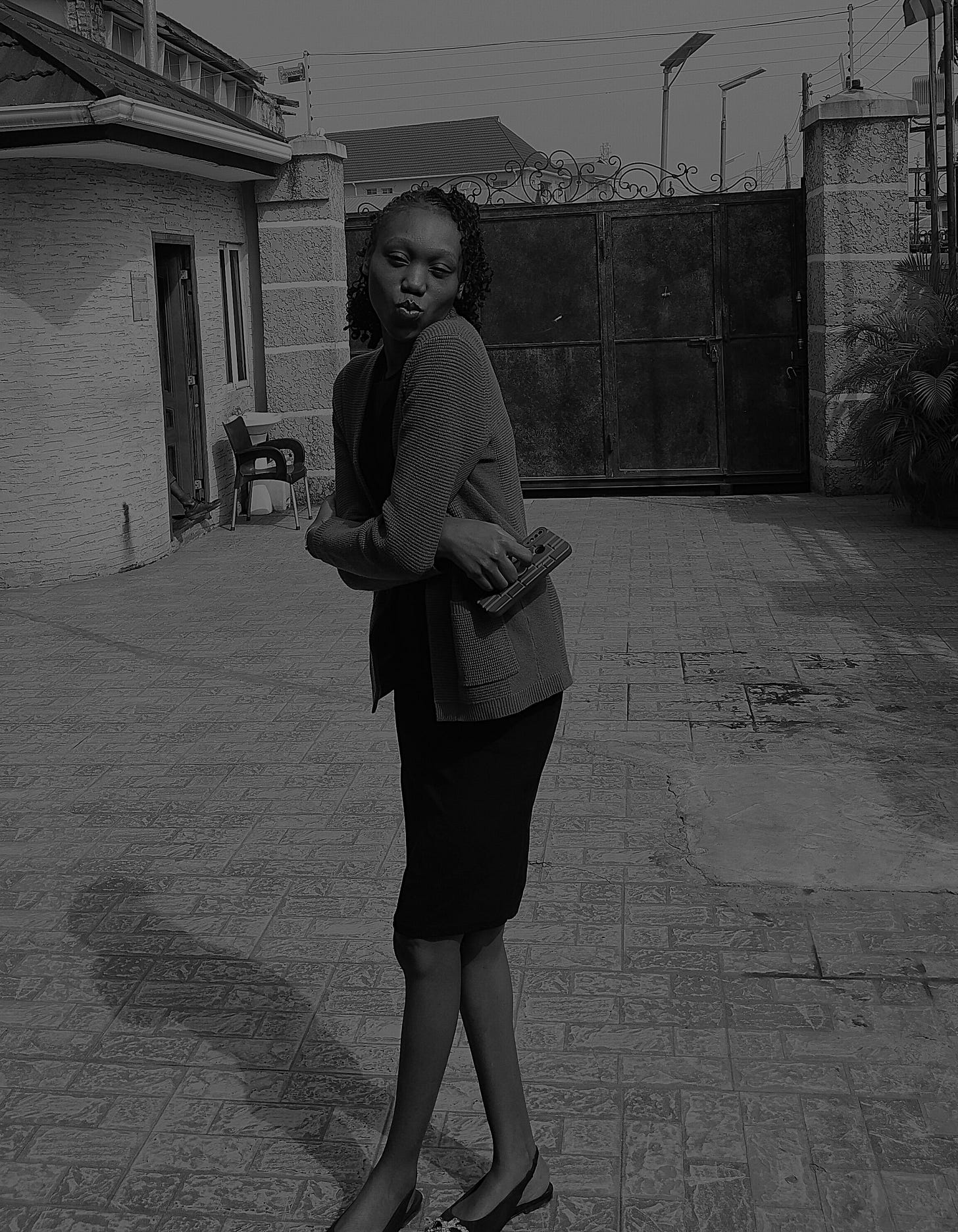Can we talk about the pain of being close to hyper-independent friends or lovers? The ones who rarely need anyone for anything, who seem perfectly content handling everything on their own, and, worst of all, deny the people closest to them the opportunity to see them vulnerable—not just in their strong, good moments, but in the messy, unguarded ones too.
Being close to someone hyper-independent can feel isolating, even though they don’t intend it. It’s not that they don’t love you. It’s not that they don’t value you. But love, real love, needs space to breathe on both sides. When one person insists on carrying all their burdens alone, it creates an invisible wall, a quiet, unspoken loneliness for the people who want so badly to be let in.
I know this loneliness. Maybe you do too.
I remember a friend—let’s call her Maya. She was the definition of self-sufficient. She handled life with the kind of grace and efficiency that made everyone admire her. She never asked for help, never showed weakness. No matter what she was going through, she would show up with a smile, her head held high.
I knew she was struggling—there were signs. The subtle exhaustion in her eyes, the way she laughed a little too quickly when someone asked if she was okay. But every time I tried to reach out, she would deflect. "I’m good," she’d say. "I got it. Don’t worry."
Then one day, everything crumbled. A crisis hit, one too big for even Maya to carry alone. And yet, even as the weight of it all bore down on her, she still tried to pretend she was fine. Until finally, she broke. And in that moment, when she finally let herself be seen—really seen—it wasn’t weakness I saw. It was strength. The kind that comes from trusting someone enough to let them in.
She told me later that she had never wanted to be a burden, that she had spent so long being the strong one that she didn’t know how to be anything else. And I told her that loving someone isn’t just about witnessing their victories—it’s about being there for the hard parts too.
There’s a unique ache in standing beside someone you love, watching them battle through life with a quiet, almost admirable strength, yet never being allowed to share the weight of it. It’s a front-row seat to a performance of resilience, and no matter how much you cheer from the audience, you are never truly part of the play.
When someone you care about never lets you into their struggles, it’s not just about the absence of emotional exchange—it’s about the deprivation of intimacy. Vulnerability deepens connection, and when that’s withheld, it can feel like you are missing a vital piece of the puzzle. You’re there, present, supportive, yet somehow always kept at arm’s length.

But here’s the thing: I don’t think hyper-independence is always a conscious choice. It’s often born out of necessity. A childhood where they had no one to lean on. A past where their cries for help went unanswered. A life that has repeatedly taught them that needing people only leads to disappointment. So they learn to self-soothe. They master self-sufficiency. They build a world where needing nothing from anyone is their greatest achievement.
And yet…
Love doesn’t work that way. At least, not the kind of love that truly nourishes the soul.
There’s a fine line between not wanting to burden your loved ones and unknowingly denying them the gift of being present with you in your chaos. At its core, relationships thrive on mutual exchange—both the joys and the struggles. When someone chooses to carry their burdens alone, they might feel like they’re protecting their loved ones, sparing them the stress or weight of their problems. But what they don’t realize is that vulnerability is a gift.
Allowing someone to sit with you in your mess, to witness the imperfect and unfiltered parts of your life, is one of the greatest acts of trust and intimacy. By shutting others out, you may inadvertently rob them of the opportunity to show up for you in meaningful ways, to deepen the connection, and to feel needed.
Because everyone wants to feel like they’re more than just a witness to someone’s victories. They want to be part of the healing too, even if it’s just by listening or sitting quietly by your side.
So how do we love the hyper-independent? How do we hold space for someone who insists they need no saving?
I don’t think the answer is to push them. Prying open a closed heart rarely leads to trust—it usually only reinforces their instinct to withdraw. Instead, I think the best way to love them is through consistency, patience, and presence. Keep showing up. Keep offering. Keep reminding them, in small, gentle ways, that they don’t have to do it all alone. That needing people is not a weakness but a bridge to something deeper.
And maybe one day, when the weight gets too heavy, when the loneliness catches up with them, they will finally reach out—not because they have to, but because they want to.
But until then, all we can do is stand beside them, quietly hoping that one day, they will let us in.
Here’s the question I’ll leave you with: Do you think this resistance to vulnerability comes from fear of judgment, or is it more about not wanting to feel indebted? And how do you think we can approach people like this without making them feel pressured?
Person of Laive,
I know you were expecting this piece yesterday, but unfortunately, I was down with a serious migraine; Yeah, I’m better now!
Thank you for your patience and for joining in today—I truly appreciate you.
If you’re new here, please subscribe!
And if you’ve already subscribed and enjoyed this letter, why not share it with a friend who might need it too?
Thank youuuuu! ❤️
May your week be filled with peace, joy, and unexpected blessings. May you always have the strength to carry your burdens and the wisdom to know when to share them.
Till next week, stay safe and stay loved.
Fayvourebirth.







